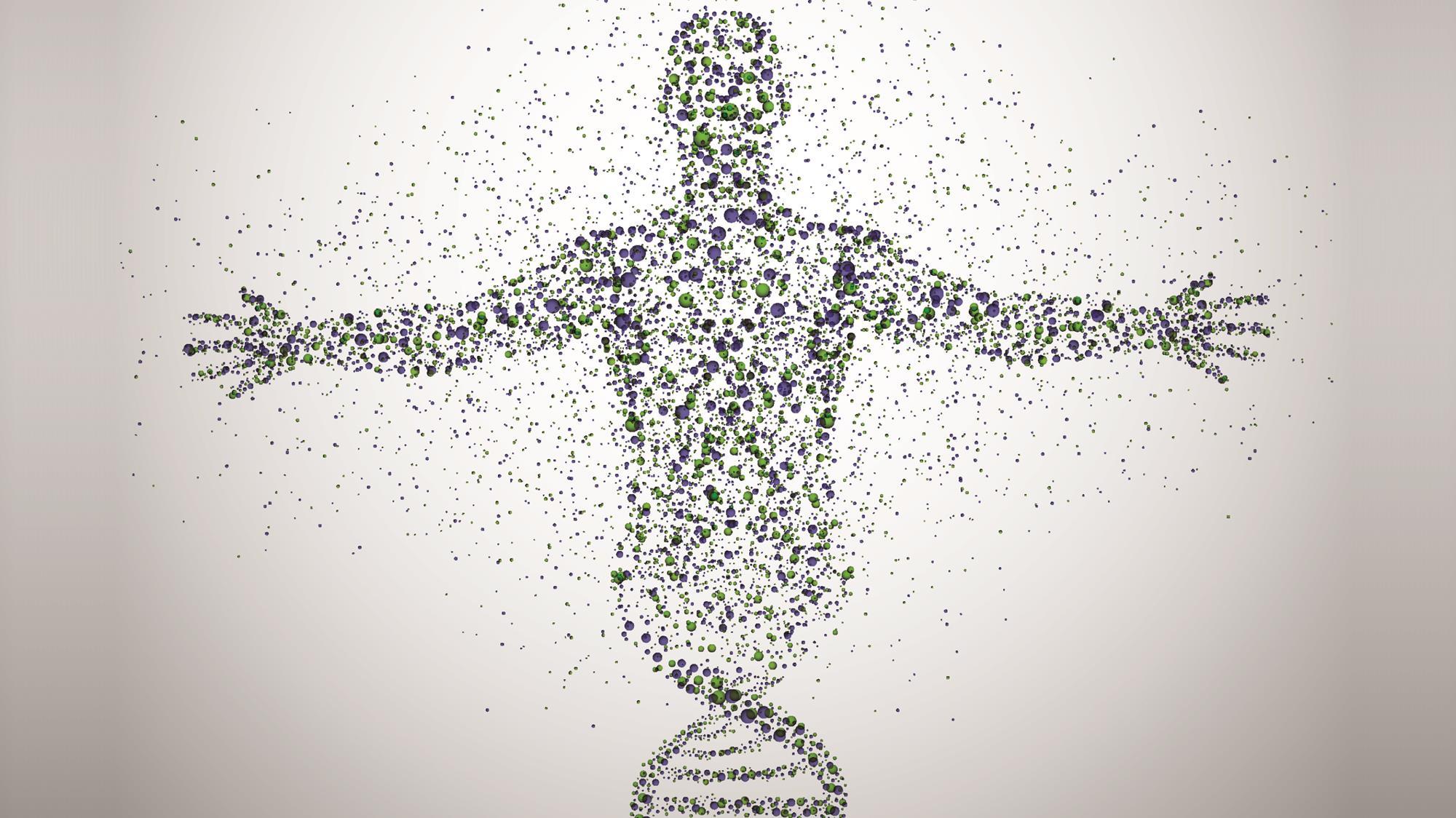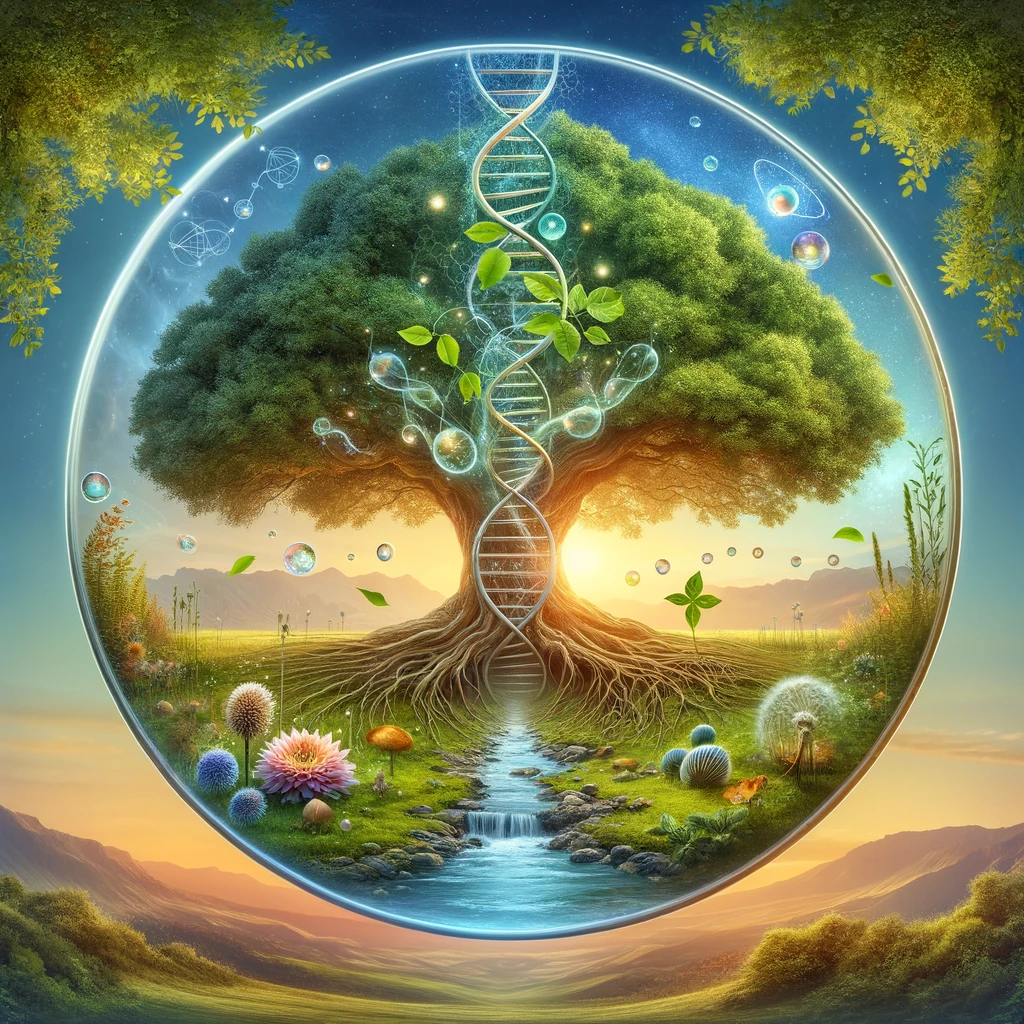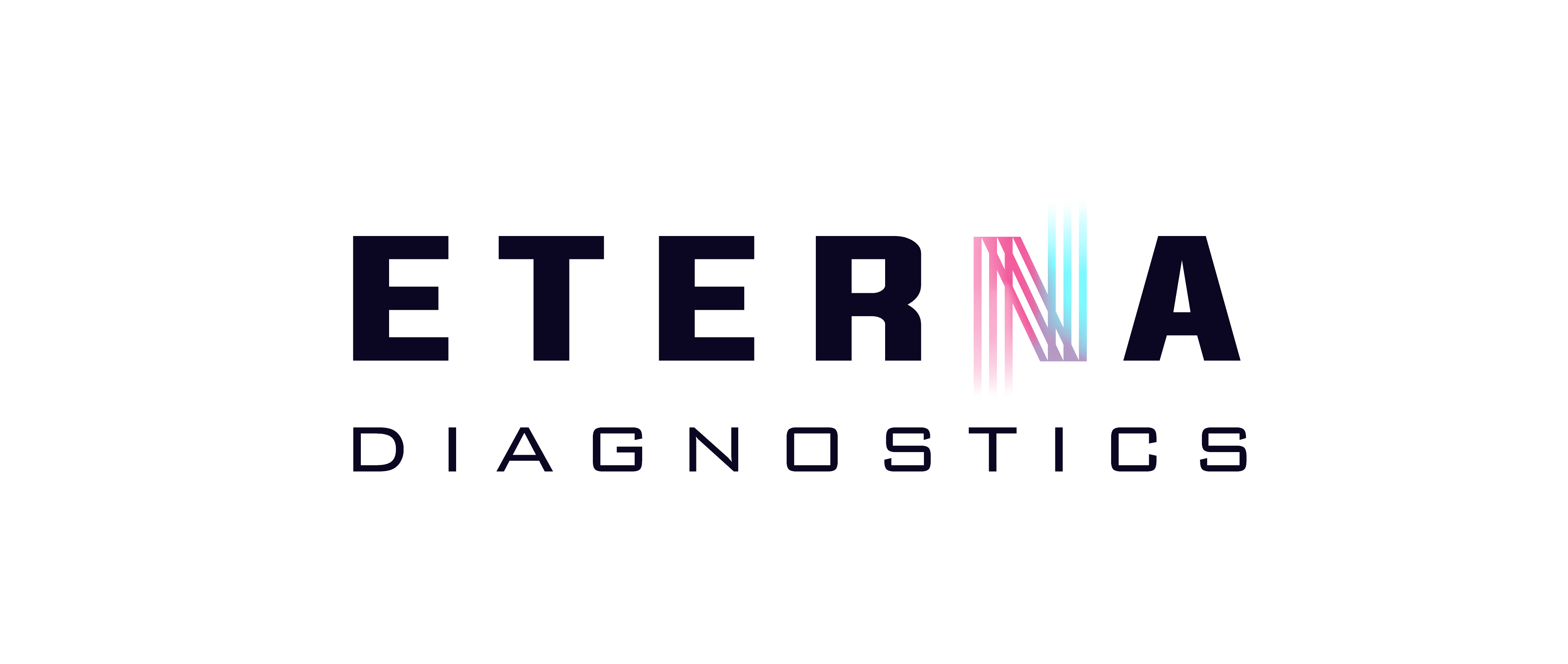The Role of Epigenetics in Determining Biological Age
Epigenetics and the research behind them especially in related biomarkers, has transformed our understanding of biological age, offering insights beyond chronological age. This leap in molecular biology has been pivotal in identifying epigenetic predictors, crucial for unraveling aging mechanisms.
The Biomarker Revolution in Aging
Biological age biomarkers, rooted in epigenetics, provide valuable insights into the impact of genetic, environmental, and lifestyle factors. Epigenetic predictors, including epigenetic clocks, telomere length, and transcriptomic, proteomic, and metabolomic analyses, are vital for this assessment.
The Star Epigenetic Clock: GrimAge
Among epigenetic clocks, GrimAge stands out for its remarkable accuracy in predicting health and longevity, outperforming others like Horvath and Hannum. This predictor closely relates to key health indicators.
ETERNA and Epigenetic Science
At ETERNA, we consider epigenetics a fundamental pillar in developing products that modulate DNA methylation, offering strategies for healthy aging.
Commitment to Innovation
Our innovation focus is grounded in epigenetic science, aiming to design products that harmonize with the body’s epigenetic mechanisms to enhance overall well-being.
Conclusion: Towards a New Era in Precision Medicine
Epigenetic-based clocks, especially GrimAge, are paving the way for precision medicine, significantly enhancing our life quality and marking the dawn of a new era in personalized care.

Referencias
- Jylhävä J, Pedersen NL, Hägg S. Biological Age Predictors. EBioMedicine. 2017 Jul;21:29-36. doi: 10.1016/j.ebiom.2017.03.046. Epub 2017 Apr 1. PMID: 28396265; PMCID: PMC5514388.
- Cathal McCrory, PhD and others, GrimAge Outperforms Other Epigenetic Clocks in the Prediction of Age-Related Clinical Phenotypes and All-Cause Mortality, The Journals of Gerontology: Series A, Volume 76, Issue 5, May 2021, Pages 741–749, https://doi.org/10.1093/gerona/glaa286
- Lu AT, Quach A, Wilson JG, Reiner AP, Aviv A, Raj K, Hou L, Baccarelli AA, Li Y, Stewart JD, Whitsel EA, Assimes TL, Ferrucci L, Horvath S. DNA methylation GrimAge strongly predicts lifespan and healthspan. Aging (Albany NY). 2019 Jan 21;11(2):303-327. doi: 10.18632/aging.101684. PMID: 30669119; PMCID: PMC6366976.




Leave a Reply